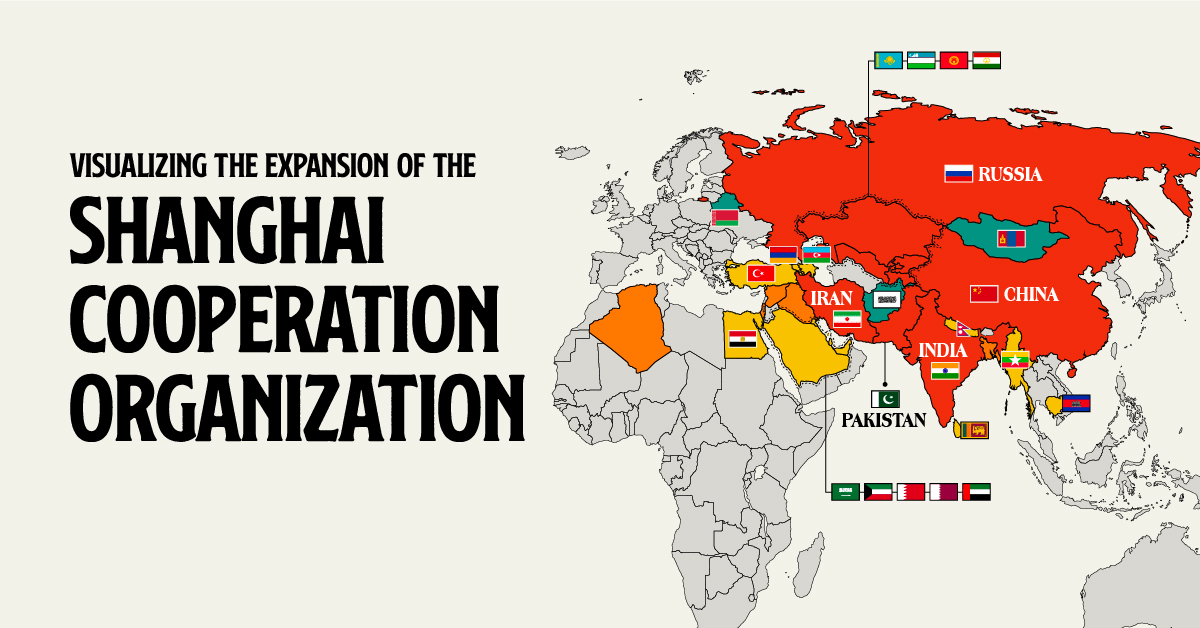Folks, pay attention! Today we’ve seen a massive show of strength in Sino-Cambodian relations. President Xi Jinping and Cambodian Prime Minister Hun Manet just witnessed the signing of over 30 bilateral cooperation agreements – that’s serious commitment. This isn’t just symbolic; it’s a strategic pivot.

The deals span a remarkably broad range, from fortifying supply chain collaborations – crucial in this volatile global landscape – to cutting-edge partnerships in Artificial Intelligence. Let’s be real, this is about asserting influence and building resilience against Western-led narratives. We’re also talking about vital development aid, streamlining customs procedures, boosting healthcare cooperation, and strengthening media exchanges.
These agreements aren’t happening in a vacuum. They reflect a conscious effort to diversify Cambodia’s economic partnerships and reduce reliance on any single power. For China, it’s about securing vital resources and expanding its Belt and Road Initiative’s reach. It’s a win-win, but a particularly savvy move for Cambodia.
Let’s break down why this is significant – a little knowledge for your portfolio:
Bilateral agreements are the lifeblood of modern international relations. They solidify trust and lay the groundwork for long-term investment.
Supply chain cooperation is paramount, especially with ongoing geopolitical tensions. Diversifying sourcing protects economies from disruption.
The push for AI collaboration reveals a strategic focus on future technologies. Both nations understand the power of digital innovation.
Development aid provides critical infrastructure and supports economic growth. It’s a powerful tool for building influence – and goodwill.
Finally, enhanced media exchanges facilitate understanding and counter misinformation. Narrative control is a key component of soft power.





